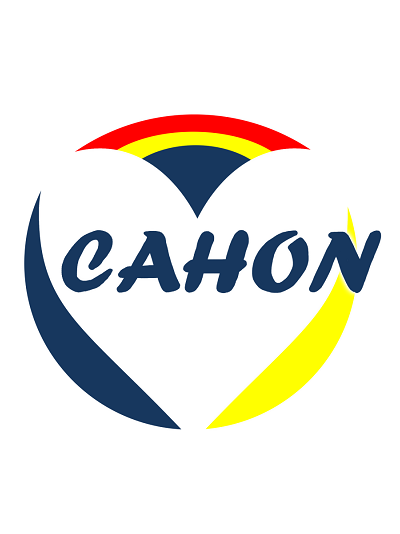用针对 p53 突变体的抗体重塑抗肿瘤免疫力
IF 29.5
1区 医学
Q1 HEMATOLOGY
引用次数: 0
摘要
p53 是癌症中最常见的突变基因,但目前缺乏有效的靶向药物。我们开发了针对 p53 热点突变 E285K 的单克隆抗体(mAbs),这种抗体与野生型 p53 没有交叉反应。我们使用封装了 DNA 质粒的脂质纳米颗粒(LNPs)来递送这些抗体。我们采用了 Western 印迹、BLI、流式细胞术、单细胞测序(scRNA-seq)和其他方法来评估 mAbs 在体外和体内的功能。scRNA-seq显示,IgG1减少了免疫抑制信号传导,增加了从B细胞到CD8+T细胞的MHC信号传导,并丰富了抗肿瘤T细胞和B细胞受体谱。E285K-mAbs也是以二聚体IgA(dIgA)形式生产的,其抗肿瘤活性依赖于聚合免疫球蛋白受体(PIGR)--一种膜Ig受体,而IgG1的抗肿瘤活性依赖于TRIM21--一种细胞内IgG受体。利用DNA编码和LNP递送的mAbs靶向特定突变表位是一种潜在的精准医疗策略,可用于治疗TRIM21或PIGR阳性癌症中的p53突变体。本文章由计算机程序翻译,如有差异,请以英文原文为准。
Remodeling of anti-tumor immunity with antibodies targeting a p53 mutant
p53, the most frequently mutated gene in cancer, lacks effective targeted drugs. We developed monoclonal antibodies (mAbs) that target a p53 hotspot mutation E285K without cross-reactivity with wild-type p53. They were delivered using lipid nanoparticles (LNPs) that encapsulate DNA plasmids. Western blot, BLI, flow cytometry, single-cell sequencing (scRNA-seq), and other methods were employed to assess the function of mAbs in vitro and in vivo. These LNP-pE285K-mAbs in the IgG1 format exhibited a robust anti-tumor effect, facilitating the infiltration of immune cells, including CD8+ T, B, and NK cells. scRNA-seq revealed that IgG1 reduces immune inhibitory signaling, increases MHC signaling from B cells to CD8+ T cells, and enriches anti-tumor T cell and B cell receptor profiles. The E285K-mAbs were also produced in the dimeric IgA (dIgA) format, whose anti-tumor activity depended on the polymeric immunoglobulin receptor (PIGR), a membrane Ig receptor, whereas that of IgG1 relied on TRIM21, an intracellular IgG receptor. Targeting specific mutant epitopes using DNA-encoded and LNP-delivered mAbs represents a potential precision medicine strategy against p53 mutants in TRIM21- or PIGR-positive cancers.
求助全文
通过发布文献求助,成功后即可免费获取论文全文。
去求助
来源期刊
CiteScore
48.10
自引率
2.10%
发文量
169
审稿时长
6-12 weeks
期刊介绍:
The Journal of Hematology & Oncology, an open-access journal, publishes high-quality research covering all aspects of hematology and oncology, including reviews and research highlights on "hot topics" by leading experts.
Given the close relationship and rapid evolution of hematology and oncology, the journal aims to meet the demand for a dedicated platform for publishing discoveries from both fields. It serves as an international platform for sharing laboratory and clinical findings among laboratory scientists, physician scientists, hematologists, and oncologists in an open-access format. With a rapid turnaround time from submission to publication, the journal facilitates real-time sharing of knowledge and new successes.

 求助内容:
求助内容: 应助结果提醒方式:
应助结果提醒方式:


